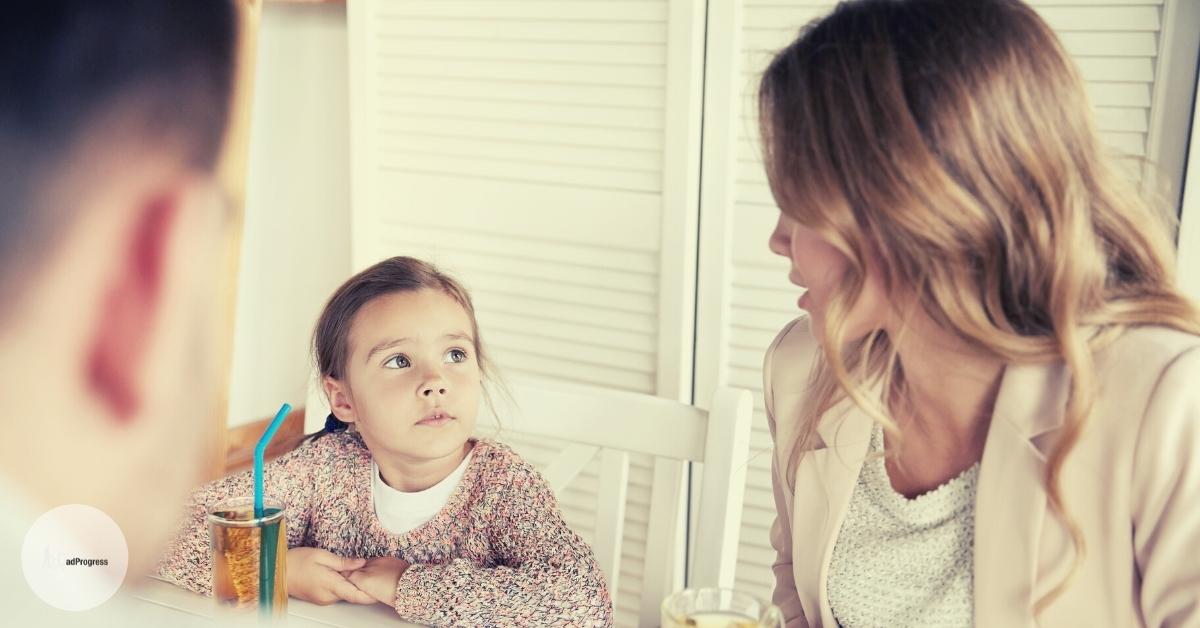Last Updated on February 5, 2022
I first wrote this piece on how to talk to kids about the coronavirus in 2020, when the whole problem was very new. Now, after two years, most people have become experts on the subject:) As a result, I updated this post to give you my opinion on talking to kids about infectious diseases in general.
Let me first say that I’m certainly NOT the foremost authority on the subject. I’ve worked for over ten years in emergency departments in Finland as a general practitioner and talked to kids about health problems. I’ve also read many books on the subject since becoming a father and starting DadProgress.com. All in all, this is just my personal opinion, and you can take it with a pinch of salt.
What Should you as a Parent Know About the Coronavirus and other viruses?
Before you can authoritatively (and you must!) speak about the topic with your kids, learn three key points:
- Viruses are infectious agents, and antibiotics don’t work against them (antibiotics stop only bacterial diseases)
- There are many species that are divided into groups. For example, Coronaviruses are a large group that contains many species (like the NOT-SO-NEW COVID-19)
- We may get the same virus many times if it’s prone to mutations. If the new version is very different from the previous one, our body doesn’t recognize it, and we may again become ill. Seasonal influenza is a good example here
- Infectious diseases are usually transmitted by human-to-human contact, but some are also transmitted by insects and animals. As a general rule, the best way to prevent infections is to regularly wash hands and drink only clear fluids (water, for example)
How to Talk to Kids About Coronavirus and Other Infectious Diseases?
First, ask yourself if you even should talk to your kids about diseases. It’s your job as a parent to protect little ones from the harsh world.
If his daycare or school got canceled, for example, let her carelessly enjoy the free time.
That said, if your kid starts to ask about the subject or you feel that he or she is mature enough, then it’s best to be honest.
I recommend arranging a family meeting so that all can discuss the topic together and create a family consensus. This will automatically help to deal with misinformation from other sources like schools.
It would be best if you did not lie to your kids and keep things simple. Your main goal is to calm your little ones and show that you’re in charge (even if you don’t feel like you are).
I usually tell my tiny patients this: “People are worried about a viruses, but you have NOTHING TO WORRY about as you’re young and healthy. The most important part is to regularly WASH your hands and NOT TOUCH YOUR FACE”
With this one sentence, you tell your kids everything they should know:
- Your main goal is to calm your little ones even if means sugarcoating the facts a little
- Giving them some directions like washing hands will help to calm them further
Thanks for Reading!

